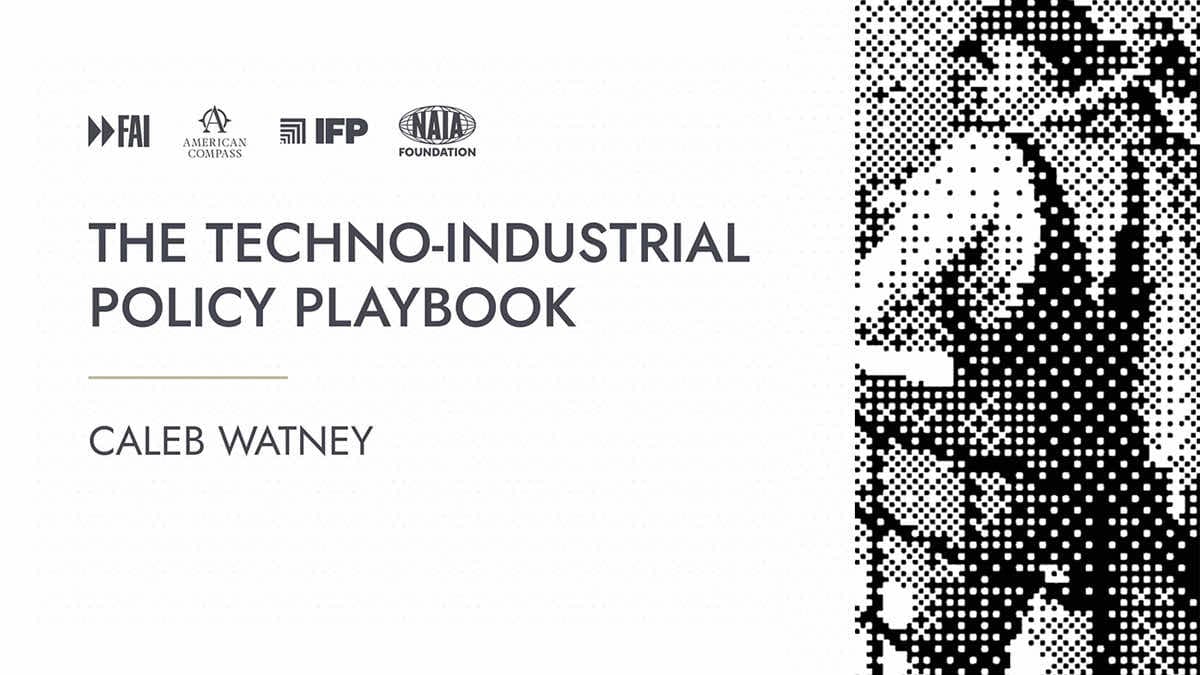Proposal Calls for 25 New X-Labs to Secure $10-50 Million Annually for AI Science

A new proposal from Caleb Watney, co-founder and co-CEO of the Institute for Progress, advocates for the creation of 25 independent research institutions, dubbed "X-Labs," each to be funded at $10–50 million per year. This initiative aims to address the critical gap in current science funding mechanisms, which are deemed ill-suited for the infrastructure-heavy, team-based work required by large-scale AI projects in scientific discovery. The proposal, shared by Tao Burga on social media, highlights a pressing need to modernize U.S. science funding to maintain global leadership.
Traditional science funding models, such as the NIH R01 grants, are designed for individual investigators pursuing discrete, short-term projects with limited budgets, typically around $600,000 over several years. However, as stated in the tweet, "AI training runs often cost more than this entire budget." Breakthroughs like Google DeepMind's AlphaFold, the Arc Institute's Evo 2 DNA foundation model, and Google's GNoME materials discovery AI emerged from organizations capable of sustained investment, large interdisciplinary teams, and shared infrastructure, largely outside traditional academic funding.
The X-Labs model seeks to provide long-term, flexible block grants to these independent research organizations. The proposal outlines four distinct award categories: X01 for breakthrough basic science, X02 for critical tooling and infrastructure, X03 for portfolio-based regranting, and X04 for early-stage planning. These categories are designed to foster diverse approaches to scientific advancement, supporting organizations with clear leadership and dedicated full-time teams.
Implementation of the X-Labs pilot program could occur immediately through Other Transaction Authority (OTA), bypassing the need for new legislation and utilizing existing funding streams from agencies like the National Science Foundation (NSF), National Institutes of Health (NIH), and Department of Energy (DOE). The initial pilot would represent approximately 1% of the combined science budgets of these agencies. If successful, Congress could significantly expand appropriations, scaling the program five to ten times its initial size to further catalyze AI-driven scientific breakthroughs.